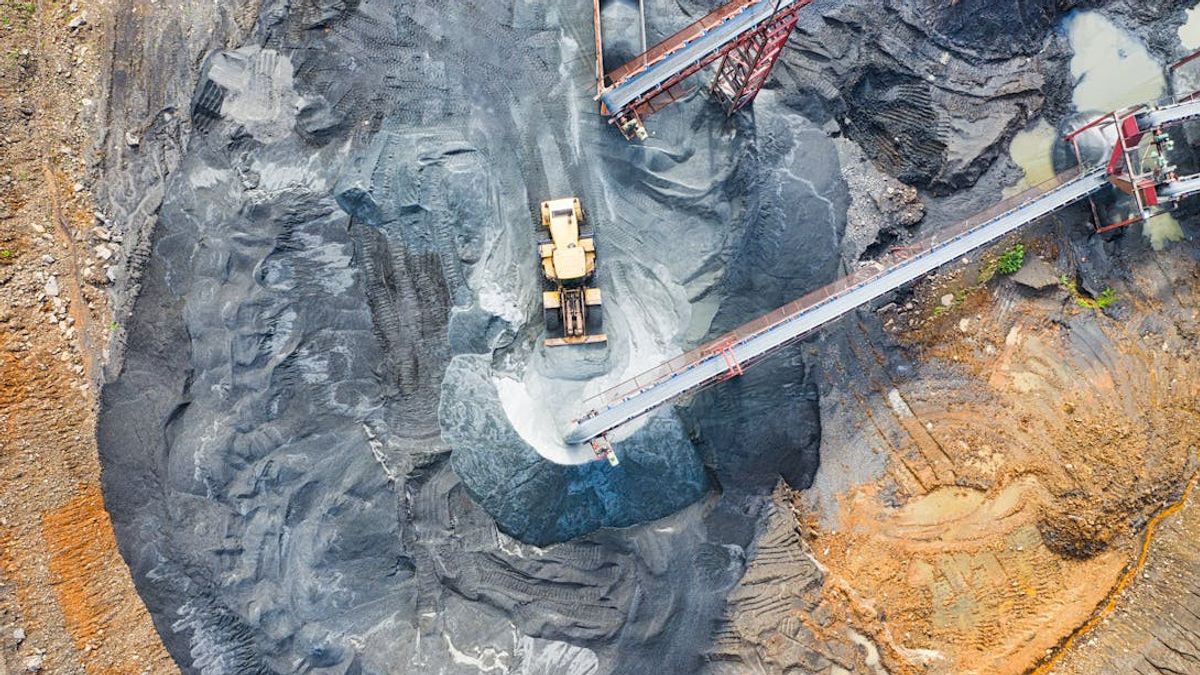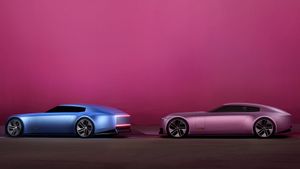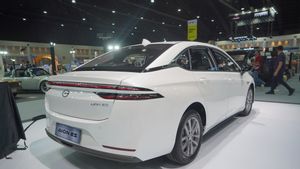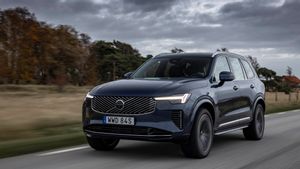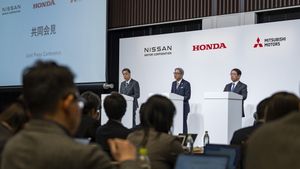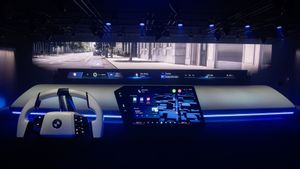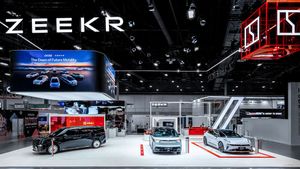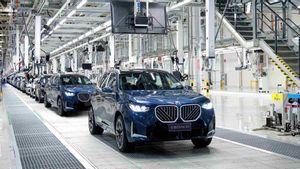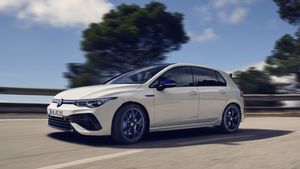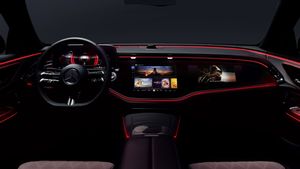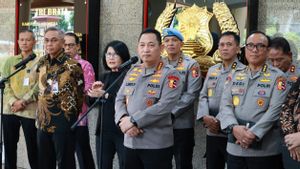Amnesty International in its report criticized a number of world-leading electric car manufacturers for ignoring the risk of human rights in their mineral supply chains.
Launching Autocar, Thursday, December 5, Amnesty International's 120-page report revealed that electric car manufacturers, including Tesla, Stellantis, Volkswagen Group, BMW, and Ford, have not taken sufficient steps to address the risks of exploitation, health hazards, and environmental damage in cobalt, lithium, nickel and copper mining areas.
Amnesty International assesses human rights policies, risk identification processes, supply chain mapping, reporting, and mediation from 13 electric car manufacturers. Mercedes-Benz scored the highest with 51 points, while Tesla got 49 points and Stellantis 42 points. On the other hand, BYD, Mitsubishi, and Hyundai got a low score, respectively, 11 13, and 21 points.
Amnesty International Secretary General Agnès Callamard called the scores "high anxiety" and stated that BYD's transparency regarding human rights caution in its battery supply chain was "very bad".
He also noted that Hyundai and Mitsubishi "does not have sufficient depth and information about implementation in all areas of human rights caution that are important".
Although the automaker was given the opportunity to respond to Amnesty International's report, only Hyundai responded. Hyundai said it was committed to a sustainable and ethical supply chain. BYD and Mitsubishi chose not to comment.
SEE ALSO:
It is known, the European Union will launch a battery passport starting February 1, 2027, which will be a mandatory requirement for all EV batteries above 2 kWh. The move is expected to increase transparency and encourage improvements to practices in battery supply chains.
Meanwhile, a critical material researcher at Birmingham University Gavin Harper, said battery passports would be an important factor for automakers looking to sell their products in the European market.
Amnesty International's report comes at a time when many leading automakers are stepping up their efforts to promote transparency, tracking, and accountability in their mineral supply chains. Volvo, for example, uses blockchain to track the origin of cobalt that goes into its supply chain. Mercedes-Benz is also working closely with RCS Global to oversee its mineral supply chain.
The English, Chinese, Japanese, Arabic, and French versions are automatically generated by the AI. So there may still be inaccuracies in translating, please always see Indonesian as our main language. (system supported by DigitalSiber.id)
